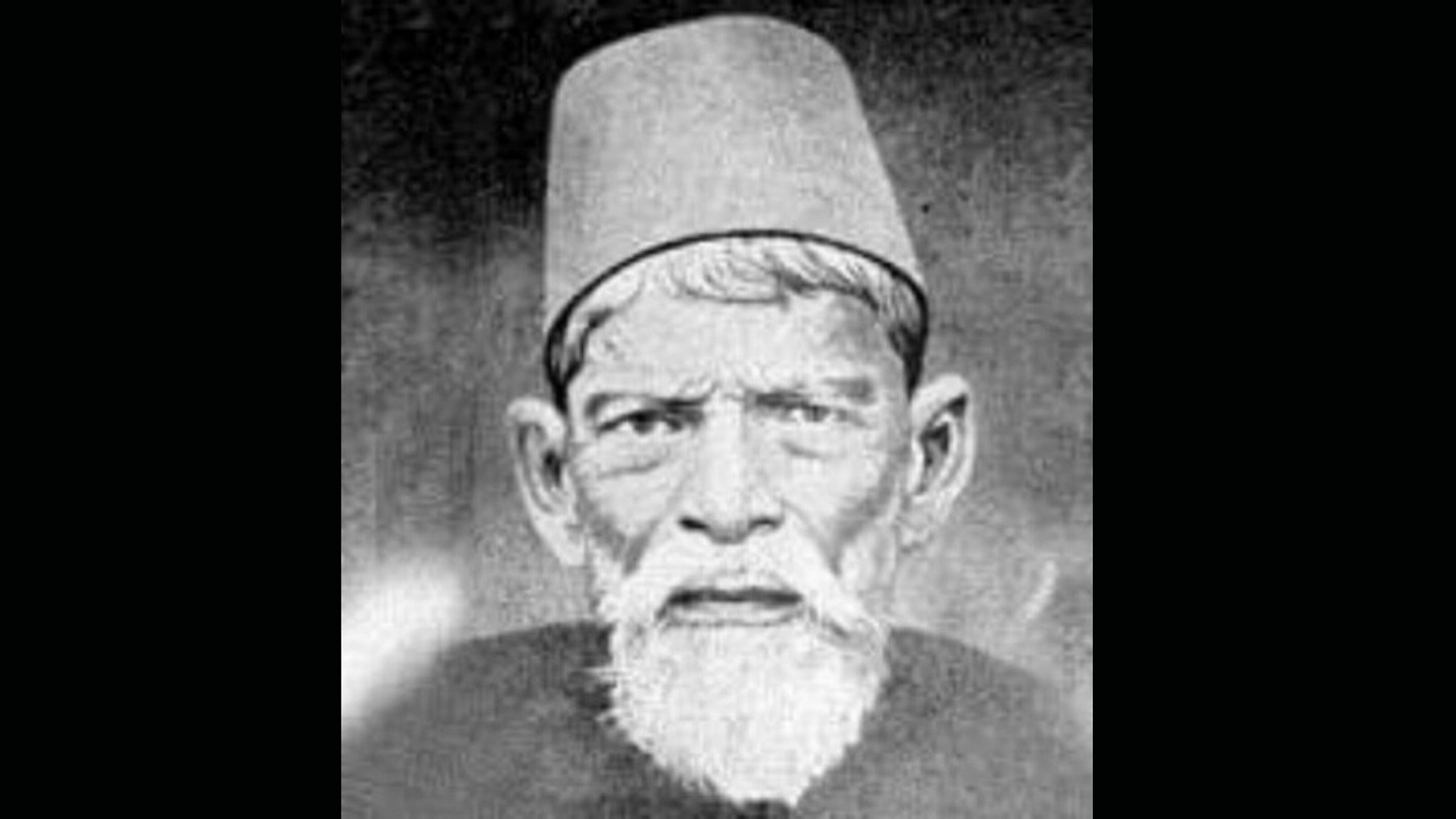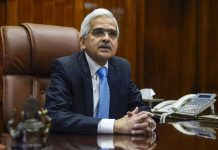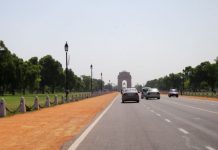
When asked how could she touch people with loathsome diseases like leprosy and gangrene, Mother Teresa replied, “I see Jesus in every human being. I say to myself, this one has gangrene, dysentery. I must tend to him.”
When I had asked Khushwant Singh about the persons, who had left him impressed, he’d rather too spontaneously said, “Only two persons — Mahatma Gandhi and Mother Teresa.”
Then he went on to say, “In my study in my cottage in Kasauli, I have two pictures of the people I admire most—Mahatma Gandhi and Mother Teresa…I wrote a humble tribute to her for The New York Times, and put her picture on the cover of The Illustrated Weekly of India. She sent me a short note of thanks. I have it in a silver frame in my home in Kasauli…I recalled the three days I spent with Mother Teresa in Calcutta… We walked through crowded streets, rode in trams to visit her various hospitals, creches and abandoned children and homes for the dying. I still recall how she tended to a very ill man, who was dying, and she was with him, looking after him, telling him to say ‘bhogobanacchen (there is God).”
Khushwant detailed, to quote him: “It must have been more than thirty years ago that I was asked to do a profile of Mother Teresa for The New York Times. I wrote to Mother Teresa seeking her permission to call on her. Having got it, I spent three days with her, from the early hours of the morning to late at night. Nothing in my long journalistic career has remained as sharply etched in my memory as those three days with her in Calcutta. Before I met her, I read Malcolm Muggeridge’s book on her, Something Beautiful for God. Malcolm was a recent convert to Catholicism and prone to believe in miracles. He had gone on to make a film on Mother Teresa for the British Broadcasting Corporation (BBC). They first went to the NirmalHriday (Sacred Heart) Home for dying destitute close to the Kalighat temple. The team took some shots of the building from outside and its sunlit courtyard. The camera crew was of the opinion that the interior was too dark, and they had no lights that would help them take the shots they needed. However, since some footage was left over, they decided to use it for interior shots. When the film was developed later, the shots of the dormitories inside were found to be clearer and brighter than those taken in sunlight.
The first thing I asked Mother Teresa was if this was true. She replied, ‘But of course. Such things happen all the time.’ And she added with greater intensity, ‘Every day, every hour, every single minute, God manifests Himself in some miracle.’ She narrated other miracles of the days when her organization was little known and always short of cash. ‘Money has never been much of a problem,’ she told me, ‘God gives through His people.’ She told me that when she started her first school in the slums, she had no more than five rupees with her. But as soon as people came to know what she was doing, they brought money and other things. The first institution she took me to was NirmalHriday. It was in 1952 that the Calcutta Corporation had handed the building over to her. Orthodox Hindus were outraged. Four hundred Brahmin priests attached to the Kali temple demonstrated outside the building. ‘One day I went out and spoke to them, “If you want to kill me, kill me. But do not disturb the inmates. Let them die in peace.” That silenced them. Then one of the priests staggered in. He was in an advanced stage of galloping phthisis. The nuns looked after him till he died. That changed the priests’ attitude towards Mother Teresa. Later, one day, another priest entered the Home, prostrated himself at Mother Teresa’s feet and said, ‘For thirty years I have served the Goddess Kali in her temple. Now the Goddess stands before me.’ ”
To quote Khushwant still further, “On my way back, Mother Teresa dropped me at the Dum Dum Airport. As I was about to take leave of her, she said ‘So?’, wanting to know whether I had anything else to ask her. ‘Tell me how can you touch people with loathsome diseases like leprosy and gangrene? Aren’t you revolted by people filthy with dysentery and cholera vomit?’ She replied, “I see Jesus in every human being. I say to myself, this is hungry Jesus. This one has gangrene, dysentery or cholera. I must wash him and tend to him.”’
Khushwant had also told me, “During one of my following trips to Calcutta I’d asked her to meet me but she declined saying that she wouldn’t come to my hotel room. It was okay by me, because I respected her. And last I saw her was here, in New Delhi. She had come here when H.S Sikand (of Sikand Motors) had gifted a van for her Missionaries of Charity, but this time she didn’t seem to recognize me. I’d smiled and greeted her and though she did smile back but in that sort of way, when you do so without really recognizing the person.”
*****
Do see the film Hotel Rwanda
Those of you who haven’t viewed the film Hotel Rwanda should do so, now and immediately, as it depicts the havoc that unfolds if civil strife and hate for the ‘other’ spreads out. Then, all possible citizens, big and small, powerful and the powerless, fragile and the mighty, mantris and santris, are ruined.
Quite obviously, I’m writing this in the backdrop of the hate speeches by the Hindutva lot at Haridwar. It is not just the blatantly dangerous wordings-cum-threats fitted in those speeches that shock but also the collective quiet of the ruling lot. This time even those symbolic crocodile tears are not shed. Perhaps, not to be expected!
With fascism spreading out, we could be targeted on any given ploy. The situation turning more than hopeless! Cornered and confronted by the lethal combination of the communal brigades together with the biased lot at the governance level, one just hopes we are left alive and intact.
With lethal viruses in our midst, communal and corona, the going would get tougher as this new year moves ahead.
*****
Let Akbar Allahabadi rest in peace in his grave!

With news coming in, the very name of Urdu poet Syed Akbar Hussain, popularly known as Akbar Allahabadi, was changed to Akbar Prayagraji, on the website of the UPHESC, an autonomous body under the state government, (however temporarily changed, said to be an “error”!), one is left feeling sorry for the poet. He must be tossing and turning in his grave, at the grave tragedies unfolding on this land, where even names and surnames are not spared in these terrorizing times!
Leaving you with his this touching verse:
Every note of dust is aglow with divine light for you to see
Every breath you take proclaims, ‘If I am, so God must be,’












